
Do You Need a Lawyer to File Chapter 13 Bankruptcy? – Guest Post
Filing for Chapter 13 bankruptcy can be a practical solution for individuals struggling with overwhelming debt. Unlike Chapter 7 bankruptcy, which involves liquidating assets to pay creditors, Chapter 13 allows debtors to reorganize their debts and create a repayment plan spanning three to five years. While it is legally possible

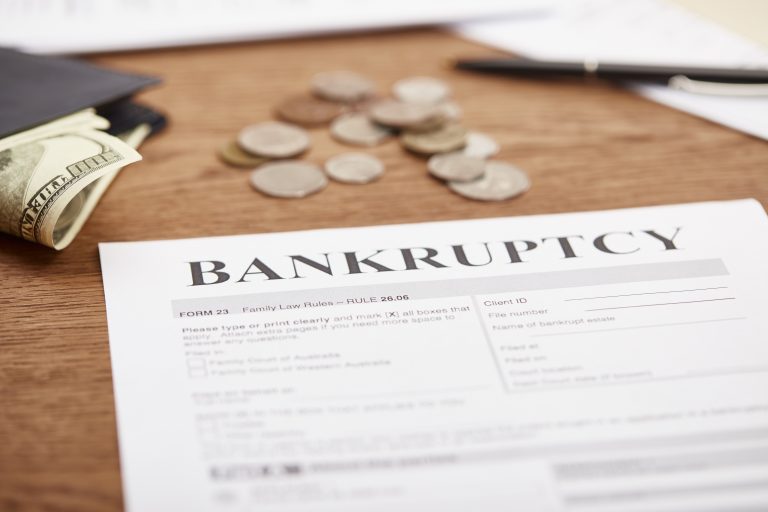
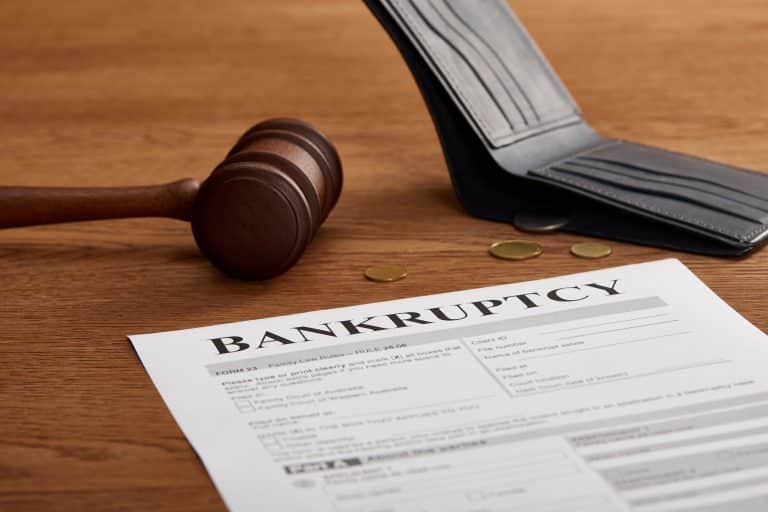
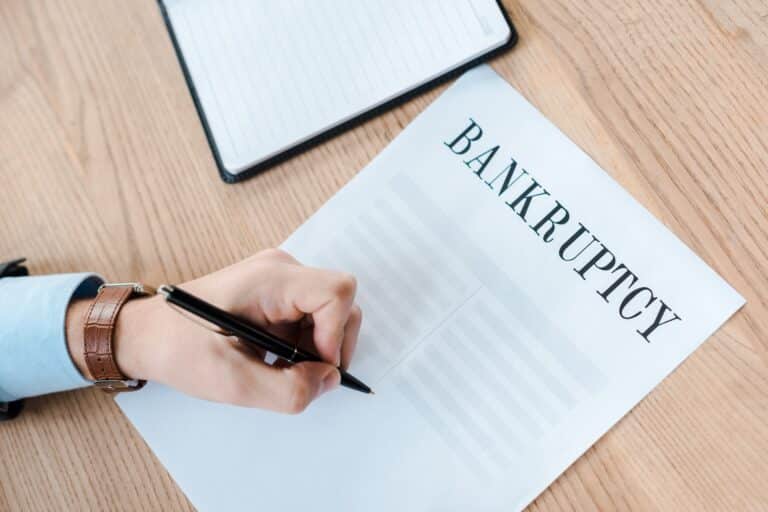
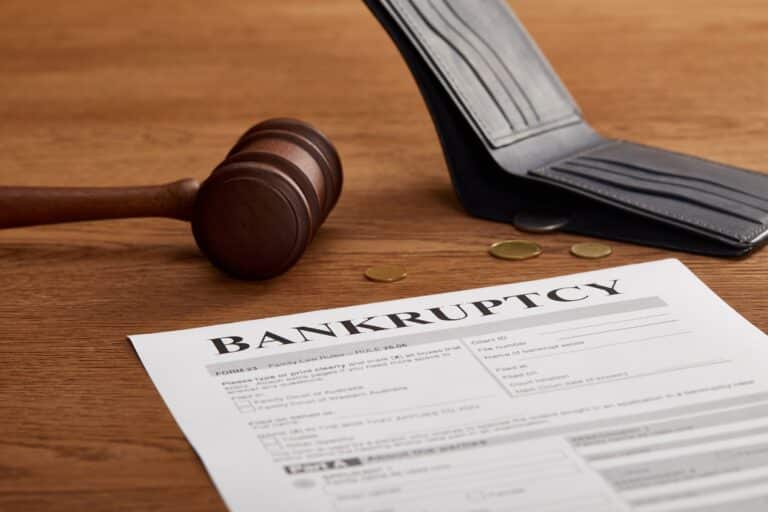
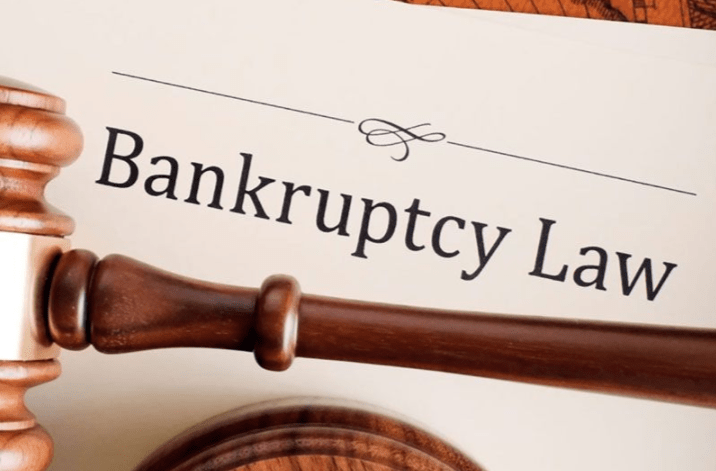

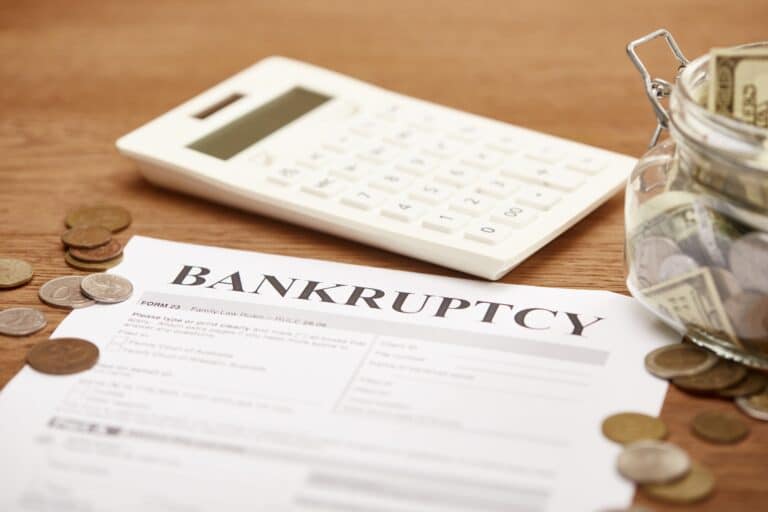
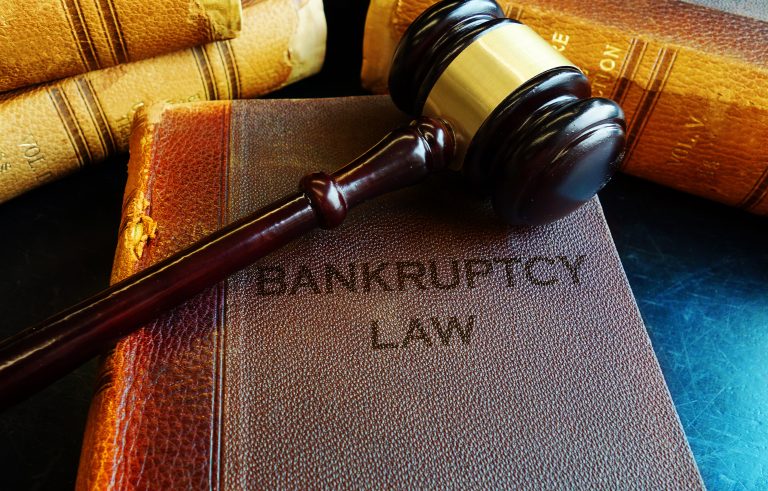
Recent Comments